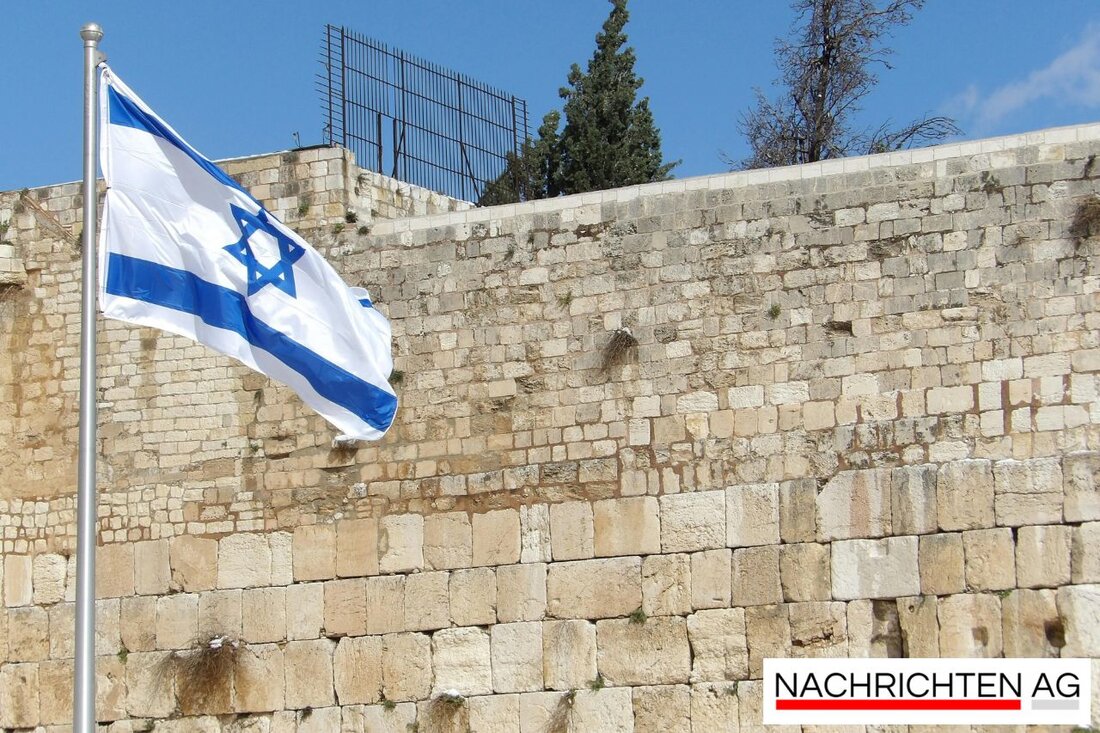Bavarian Forest monitors nuclear tests: Diplomats visiting!

Bavarian Forest monitors nuclear tests: Diplomats visiting!
at the foot of the picturesque Sulzberg in Haidmühle, near the border with the Czech Republic, a state -of -the -art measuring station, which has been playing a decisive role in monitoring nuclear tests for 35 years. The Federal Institute for Geosciences and Raw Materials (BGR) is responsible for commissioning and operating this station, which is considered one of the most accurate of its kind in Europe. It serves to check whether the international agreements of the nuclear waving stop contract (CTBT) are complied with. The calm environment favors the precise measurements of stationary technology, which includes both seismological and infrasound -technical detection systems.
But what exactly happens here in the Bavarian Forest? The measuring station not only records potential atomic explosions, but also registered significant events such as the explosion of ammonium nitrate in the port of Beirut in 2020. The military data that occurs in Ukraine are also recorded but not evaluated. So far, the seismological station has recorded all six nuclear tests of North Korea between 2006 and 2017. Another highlight is the infrasound station, which measures inaudible sound waves, such as the volcanic eruption on Stromboli in July 2019.
monitoring and international cooperation
As part of the CTBT, which has become increasingly important since its adoption in 1996, 321 measuring stations work worldwide. These stations were installed at places that have as little sources of interference as possible to ensure the reliability of the data. In addition to the station in Haidmühle, the BGR also has measuring stations in the Antarctic in the company. The international data center at the United Nations in Vienna is analyzed and archived. Around 40 diplomats from 27 countries recently looked at the station in Haidmühle and expressed their interest in the important topic.
A look at the story shows that the first core weapon test, the "Trinity" test, took place on July 16, 1945 in the United States. Military use followed only a short time later with the dropping of atomic bombs via Hiroshima and Nagasaki in August 1945. Since then, numerous countries have been lined up in the ranks of nuclear weapons owners, with nine nations currently having nuclear weapons: USA, Russia, France, China, Great Britain, India, Pakistan, North Korea and Israel. India, Pakistan and North Korea in particular have not yet signed the CTBT. Five out of 44 required states have signed the contract, but not ratified, including the USA and Russia, which withdrawn their ratification in 2023.
The way to global peace
With the effort for security and stability in an international context, the CTBT is a central element. Monitoring through a network of measuring stations plays a basic role here. A comprehensive and firm framework is necessary to minimize the risk of nuclear tests and to promote peace between the nations. According to bfs.de it remains of the greatest importance that these editions are respected internationally in order to free the world from the dangers of radioactive weapons.
| Details | |
|---|---|
| Ort | Haidmühle, Deutschland |
| Quellen | |
